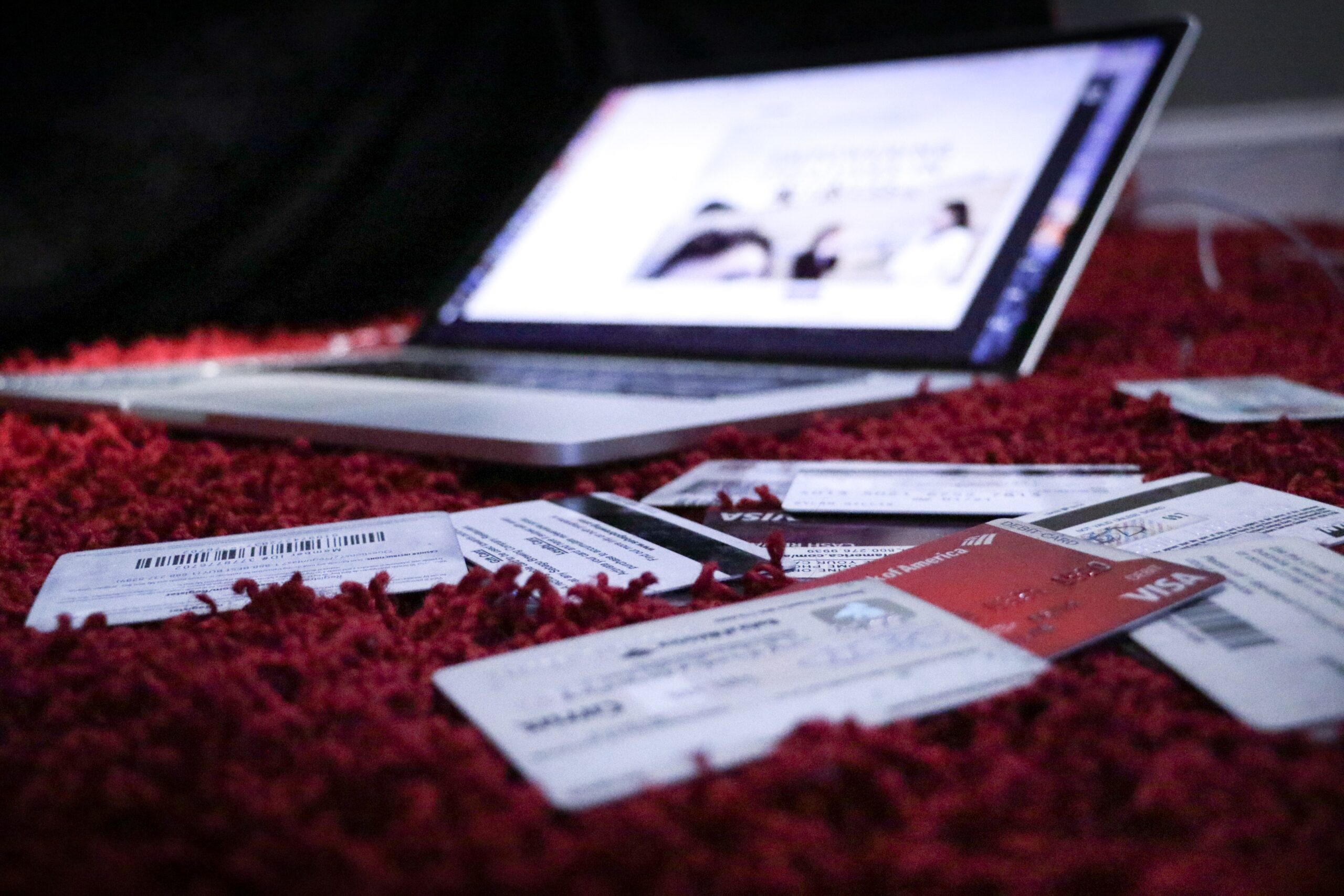
Having a good credit score is crucial when it comes to obtaining credit cards and other forms of credit. Lenders use your credit score to assess your creditworthiness and determine whether to approve your application. If your credit score is less than stellar, don’t worry! There are several steps you can take to improve it and increase your chances of getting approved for a credit card.
1. Pay Your Bills on Time
One of the most important factors in determining your credit score is your payment history. Late payments can have a significant negative impact on your credit score. Make it a priority to pay your bills on time, including credit card payments, loan payments, and utility bills. Set up automatic payments or reminders to ensure you never miss a due date.
2. Reduce Your Credit Utilization
Your credit utilization ratio is the amount of credit you’re currently using compared to your total available credit. Aim to keep your credit utilization below 30% to maintain a healthy credit score. If you have high balances on your credit cards, consider paying them down or spreading out your expenses across multiple cards to lower your overall utilization.
3. Avoid Opening Too Many New Credit Accounts
While it may be tempting to open multiple credit cards to increase your available credit, doing so can actually harm your credit score. Each time you apply for new credit, it results in a hard inquiry on your credit report, which can lower your score. Only apply for new credit when necessary and be selective about the cards you choose.
4. Check Your Credit Reports Regularly
Mistakes on your credit report can negatively impact your credit score. Regularly review your credit reports from the three major credit bureaus (Equifax, Experian, and TransUnion) to ensure that all the information is accurate. If you spot any errors, dispute them with the credit bureau to have them corrected.
5. Build a Positive Credit History
If you’re new to credit or have a limited credit history, it can be challenging to get approved for a credit card. Consider applying for a secured credit card, which requires a cash deposit as collateral. By using the card responsibly and making timely payments, you can establish a positive credit history and improve your credit score over time.
6. Keep Old Credit Accounts Open
Length of credit history is another important factor in calculating your credit score. Even if you no longer use a particular credit card, think twice before closing the account. Closing old accounts can shorten your credit history and potentially lower your score. Instead, keep the account open and use it occasionally to keep it active.
7. Be Patient and Persistent
Improving your credit score takes time and effort. It won’t happen overnight, but with consistent responsible credit behavior, you can gradually see positive changes. Stay committed to paying your bills on time, reducing your credit utilization, and practicing good credit habits. Over time, your credit score will improve, and you’ll be in a better position to get approved for the credit cards you desire.
In Conclusion
Remember, improving your credit score is a journey, and it requires discipline and patience. By following these tips, you can take control of your credit and increase your chances of being approved for credit cards and other forms of credit. Start today and watch your credit score soar!











